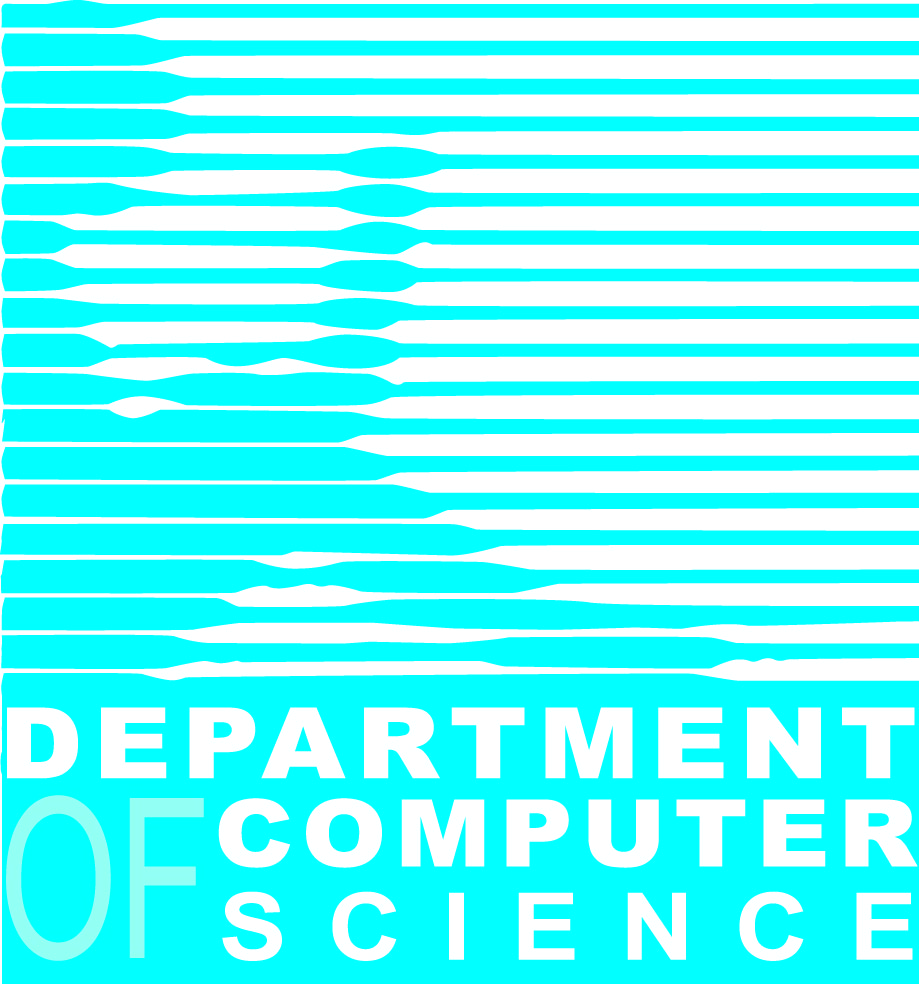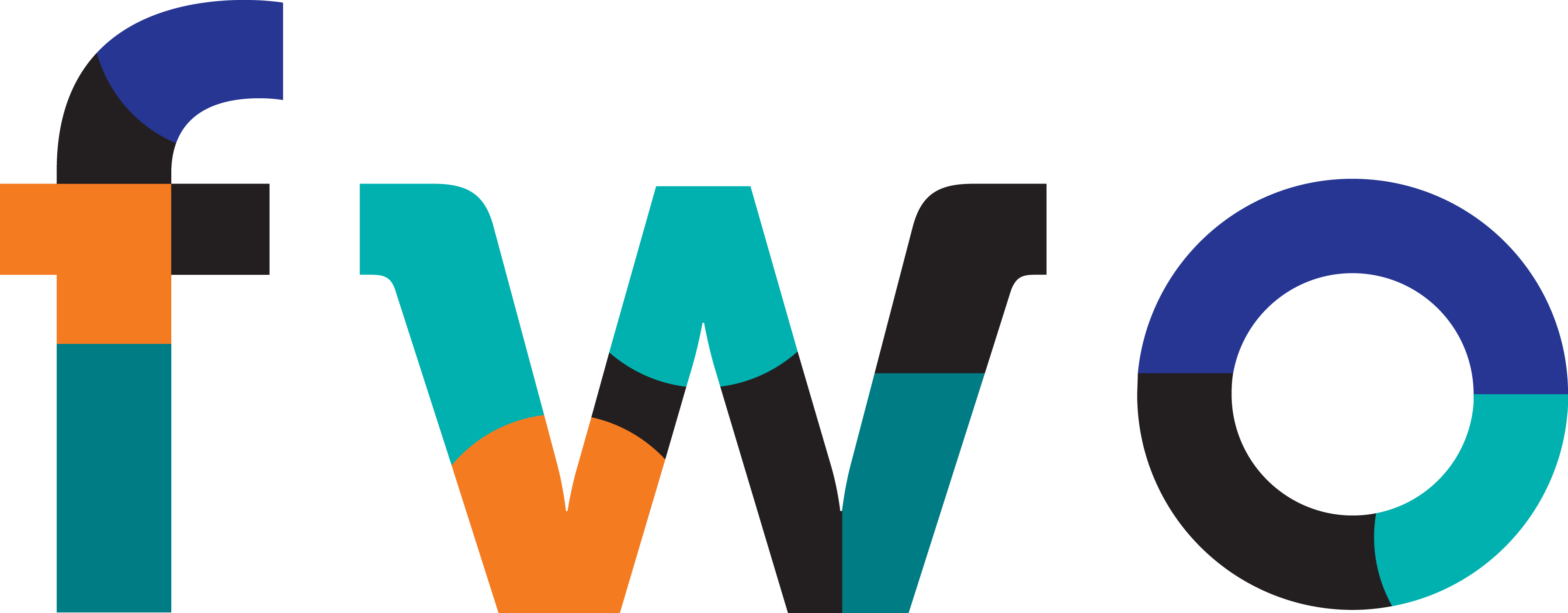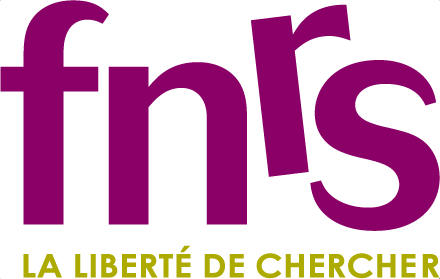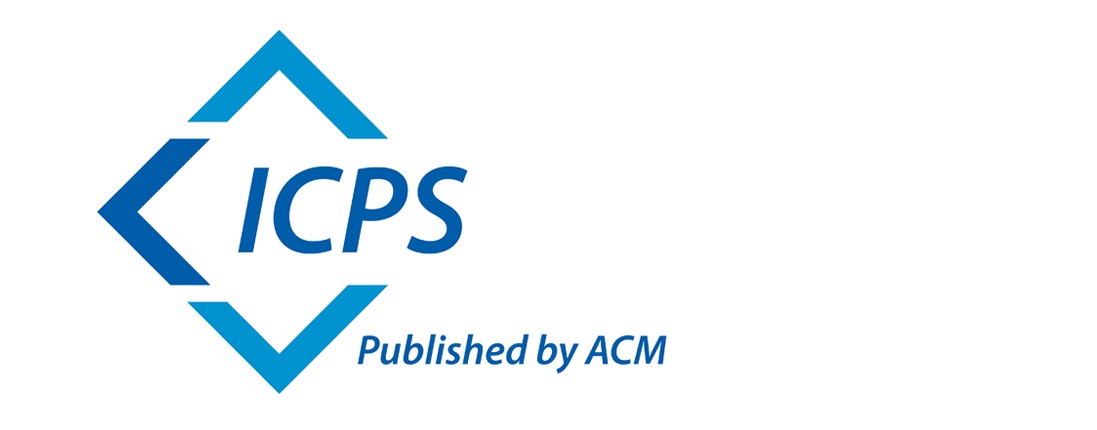Keynotes
Opening keynote: Prof. dr. Yvonne Rogers
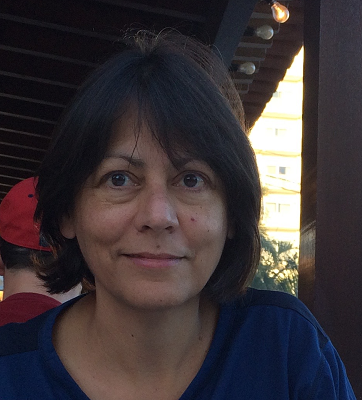
Title: "How Are New Interfaces Changing What We See?"
Bio: Yvonne joined UCL in September 2011. From 2006-2011, she was professor of HCI in the Computing Department at the Open University, where she set up the Pervasive Interaction Lab. From 2003-2006, she was a professor in Informatics at Indiana University. Prior to this, she spent 11 years at the former School of Cognitive and Computing Sciences at Sussex University. She has spent sabbaticals at Stanford, Apple, Queensland University, University of Cape Town, University of Melbourne, QUT, UC San Diego and UC Santa Cruz.
Yvonne was one of the principal investigators on the UK Equator Project (2000-2007) where she pioneered ubiquitous learning. She has published widely, beginning with her PhD work on graphical interfaces to her recent work on public visualisations and behavioural change. More recently, she was a PI for the Intel Collaborative Research Institute (ICRI) on sustainable and connected cities. This was a joint collaboration between UCL and Imperial, that ran for 5 years from 2012-2018. In her earlier career, she was awarded a prestigious EPSRC dream fellowship rethinking the relationship between ageing, computing and creativity.
She is one of the authors of the definitive textbook on Interaction Design and HCI (now in its 5th edition), that has sold over 250,000 copies worldwide and has been translated into many languages. She collaborates a lot with industrial partners and has been awarded a Microsoft Research Outstanding Collaborator Award (2016). Other awards include the Royal Society Robin Milner Medal (2022); a MRC Suffrage and Science Award (2020) for being one of the leading women in 'mathematics & computing.' She is also a Fellow of the ACM; a Fellow of the British Computer Society and a Fellow of the ACM's CHI Academy: "an honorary group of individuals who have made substantial contributions to the field of human-computer interaction. These are the principal leaders of the field, whose efforts have shaped the disciplines and/or industry, and led the research and/or innovation in human-computer interaction."
Abstract: There has been a proliferation of technological developments in the last few years that are beginning to improve how we perceive, attend to, notice, analyse and remember events, people, data and other information. These include machine learning, computer vision, advanced user interfaces (e.g. augmented reality) and sensor technologies. A goal of being augmented with ever more computational capabilities is to enable us to see more and, in doing so, make more intelligent decisions. But to what extent are the new interfaces enabling us to become more super-human? What is gained and lost through our reliance on ever pervasive computational technology? In my talk, I will cover latest developments in tech advances, such as conversational interfaces, data visualisation, and augmented reality. I will then draw upon relevant recent findings in the HCI and psychology literature that demonstrate how our human capabilities are being extended but also struggling to adapt to the new demands on our attention. Finally I will show their relevance to investigating the physical and digital worlds when trying to discover or uncover new information.
Closing keynote: Prof. dr. Antonio Krüger

Title: "From HCI to Cognitive Assistants: How humans will connect to intelligent environments."
Bio: Antonio Krüger is CEO and scientific director of the German Research Center for Artificial Intelligence GmbH (DFKI) and head of the department “Cognitive Assistants” at DFKI. He is a full professor for Computer Science at Saarland University (since 2009), Head of the Ubiquitous Media Technology Lab and scientific director of the Innovative Retail Laboratory (IRL) at DFKI. Prof. Krueger is an internationally renowned expert on Man-Machine-Interaction and Artificial Intelligence. In 2010 he has established the Mediainformatics study programme at the Saarland University and directs it to this day. Antonio is a co-founder of the Saarbrücken-based technology company Eyeled GmbH, which focuses on the development of mobile and ubiquitous information systems. Many of his research findings have found their way into applications in retail and other industrial domains. From 2004 to 2009 he was a professor of computer science and geoinformatics at the University of Münster and acted as the managing director of the institute for geoinformatics. He studied Computer Science and Economics at Saarland University and finished his Ph.D in 1999 as a member of the Saarbrücken graduate school of „Cognitive Science“. Antonio has published more than 200 scientific articles and papers in internationally recognized journals and conferences and is member of several steering committees, editorial boards and scientific advisory committees.
Abstract: AI techniques allow for more and more automation even of tasks that are usually associated with higher level cognitive abilities, such as automated driving, analysing and diagnosing x-ray images and producing individual products on a high level of quality. Most of these tasks can only be automated to a certain level, still requiring humans to intervene and control (semi-) autonomous environments that are most of the time in charge. The interesting question is how to allow humans to connect to such environments and how to enable them to take over and delegate control, to supervise and ultimately to execute control if needed. It is crucial to succeed in this respect to allow stakeholders to build and maintain trust in the results of (semi-)autonomous intelligent systems and environments.
Important dates
| Aug 6 | Short and full paper title + abstract deadline |
| Aug 13 | Short and full paper submission deadline |
| Sep 28 | Notification (papers) |
| Sep 23 Sep 28 |
Pictorials submission deadline |
| Sep 15 Oct 4 |
Workshop and tutorial submission deadline |
| Oct 8 | Poster and Doctoral Consortium submission deadline |
| Oct 8 Oct 15 |
Demo submission deadline |
| Oct 15 | Camera ready (papers) |
| Oct 22 | Notification (pictorials) |
| Oct 22 Oct 29 |
Notification (demos, posters) |
| Oct 29 Nov 4 |
Camera ready (posters) |
| Oct 29 Nov 5 |
Camera ready (demos, pictorials) |
| Nov 7 Nov 14 |
Early bird deadline |
| Dec 5 -Dec 8 | MUM 2021 in Leuven, Belgium |
Supported by
Previous editions
-
MUM 2020
Essen, Germany
-
MUM 2019
Pisa, Italy
-
MUM 2018
Cairo, Egypt
-
MUM 2017
Stuttgart, Germany
-
MUM 2016
Rovaniemi, Finland
-
MUM 2015
Linz, Austria
-
MUM 2014
Melbourne, Australia
-
MUM 2013
Luleå, Sweden
-
MUM 2012
Ulm, Germany
-
MUM 2011
Beijing, China
-
MUM 2010
Limassol, Cyprus
-
MUM 2009
Cambridge, UK
-
MUM 2008
Umeå, Sweden
-
MUM 2007
Oulu, Finland
-
MUM 2006
Stanford, USA
-
MUM 2005
Christchurch, New Zealand
-
MUM 2004
College Park, USA
-
MUM 2003
Norrköping, Sweden
